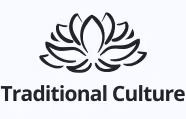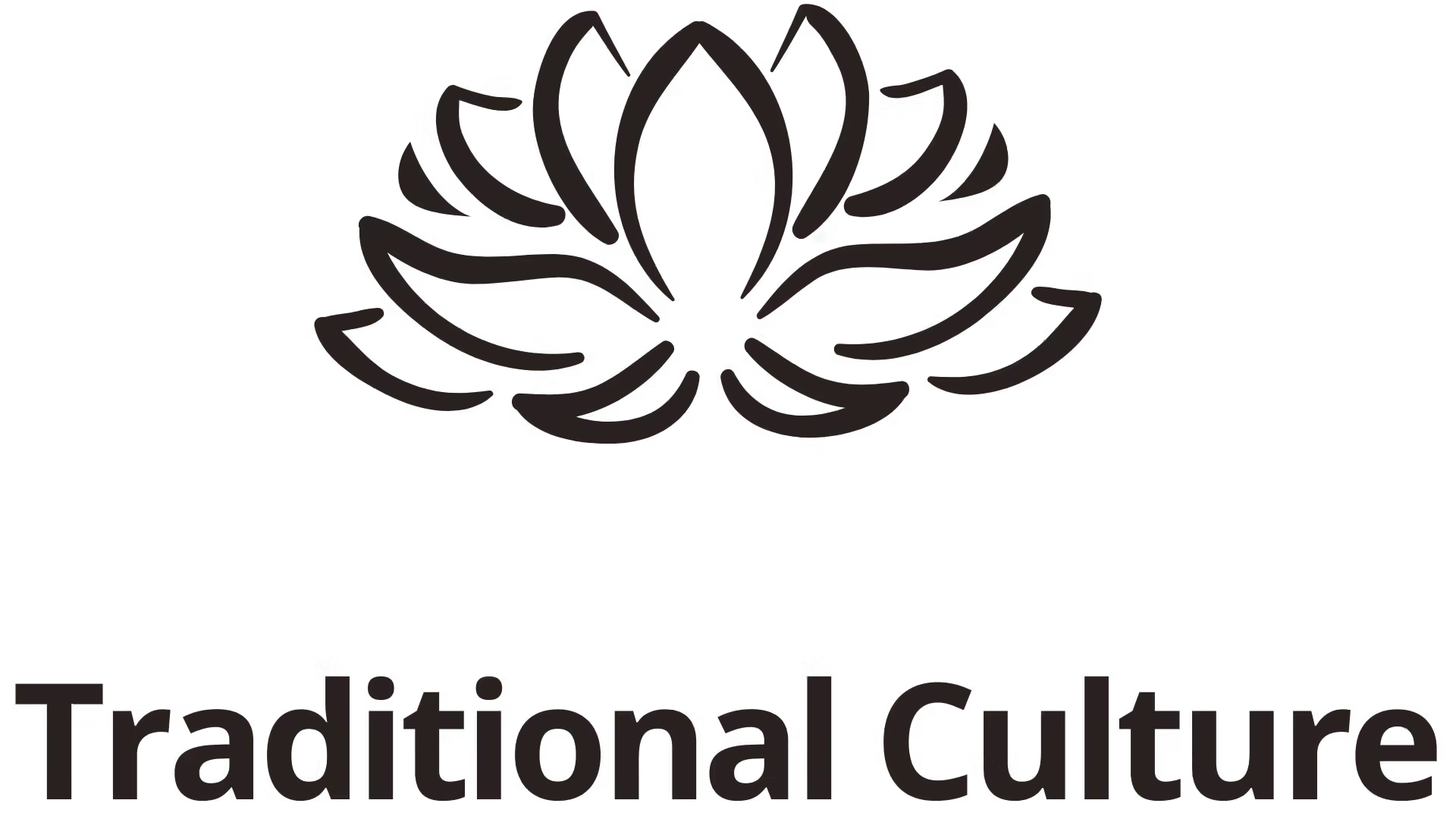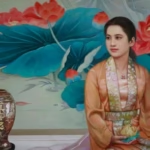No pianist ignites the keyboard quite like Martha Argerich.
For over half a century, her volcanic artistry, instinctive musicality, and fearless technique have captivated audiences and left an indelible mark on classical music. Argerich doesn’t simply perform a piece—she inhabits it, breathing life into every phrase with a spontaneity that feels both thrilling and inevitable. Whether tackling the most ferociously demanding repertoire or exploring the subtlest nuances of chamber music, her playing radiates intensity, intelligence, and emotional depth.

Martha Argerich and conductor Claudio Abbado, 1968 – Erich Auerbach/Getty Images
Born in Buenos Aires in 1941, Argerich was a prodigious talent from the start, making her concert debut at eight and winning the International Chopin Piano Competition at just 24. That victory catapulted her to global fame and marked the beginning of a remarkable, if often elusive, career. She has famously shunned the spotlight, avoiding solo recitals for decades and focusing instead on concertos and collaborations, particularly with fellow musicians she trusts and admires.
Yet despite her reluctance to court celebrity, Argerich’s influence looms large. Her recordings—electrifying, spontaneous, often definitive—are treasured by fans and fellow pianists alike. With a personality as mercurial and compelling as her interpretations, Martha Argerich remains one of classical music’s most powerful and enduring forces.
A child prodigy
Martha Argerich was born in Buenos Aires, Argentina in 1941. Her family on her father’s side were from Catalonia, in north-eastern Spain: however, they had settled in Argentina in the 18th century. Martha’s maternal grandparents, meanwhile, were Jewish immigrants from the Russian Empire, who had settled in Argentina at the end of the 19th century.
Yes: in fact, Argerich showed great promise from a very early age. She began piano lessons at the age of three: two years later, she started learning with the Italian pianist and teacher Vincenzo Scaramuzza, who stressed to her the importance of lyricism and feeling.

Martha Argerich, 1970 – Jeremy Fletcher/Redferns via Getty Images
Who taught Martha Argerich?
The young Martha Argerich performed her first piano concert in 1949, at the age of eight. She performed Mozart’s Piano Concerto No. 20 in D minor and Beethoven’s First Piano Concerto in C major. A little later, in 1955, Martha’s family moved to Europe, allowing Martha to study piano in Austria with the great classical and jazz pianist Friedrich Gulda.
She also had lessons with pianists Abbey Simon and Nikita Magaloff, as well as Madeleine Lipatti (widow of the pianist Dinu Lipatti). The year 1957 was a red-letter one for the young pianist: aged just 16, Argerich won both the Geneva International Music Competition and the Ferruccio Busoni International Competition within three weeks of each other.
She thought of giving up altogether
Not everything was plain sailing during this time, however. Argerich had a frustrating time trying to study with the great, but reclusive and enigmatic pianist Arturo Benedetti Michelangeli, who gave her only four lessons over the course of a year and a half. After that, the young Argerich was off to New York, hoping to study with her pianistic hero Vladimir Horowitz – but this did not bear fruit either.
Discouraged, Argerich abandoned the piano for three years and toyed with giving up altogether. However, she did eventually return – and in some style, winning the VII International Chopin Piano Competition in 1965 at the age of 24.
Argerich made her first recording in 1960 at the age of 19. That recording featured works by Chopin, Brahms, Ravel, Prokofiev, and Liszt, and was a critical success. Over the decades since, Martha Argerich has recorded works by a wide range of composers, with the Romantic era a speciality. Indeed, her recordings of the piano works of Robert Schumann, such as the Kinderszenen, Kreisleriana and Fantasia, arguably represent the pianist at her expressive, emotional and virtuosic peak.
Source: BBC Music Magazine
✉️ Stay Connected — Subscribe for Weekly Updates
Discover timeless stories, practical wisdom, and beautiful culture — delivered straight to your inbox.
*We only share valuable insights — no spam, ever.






